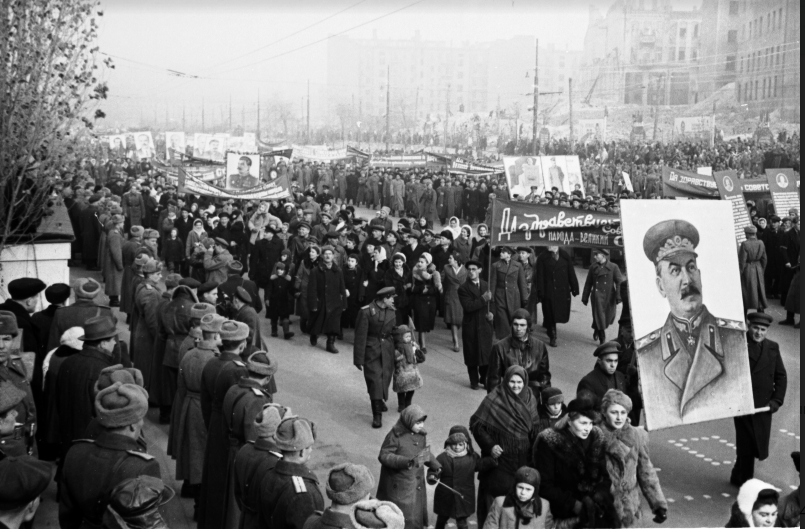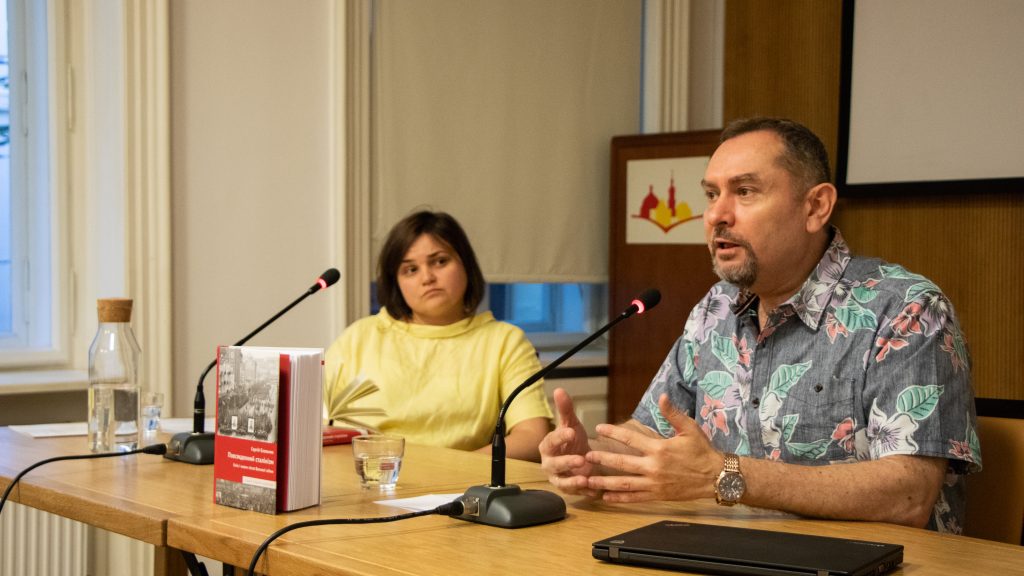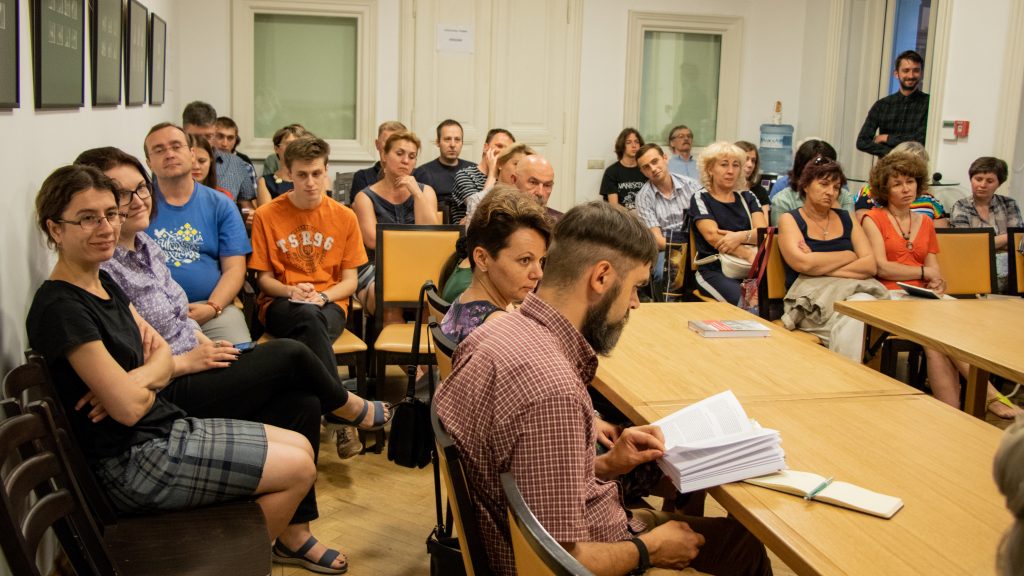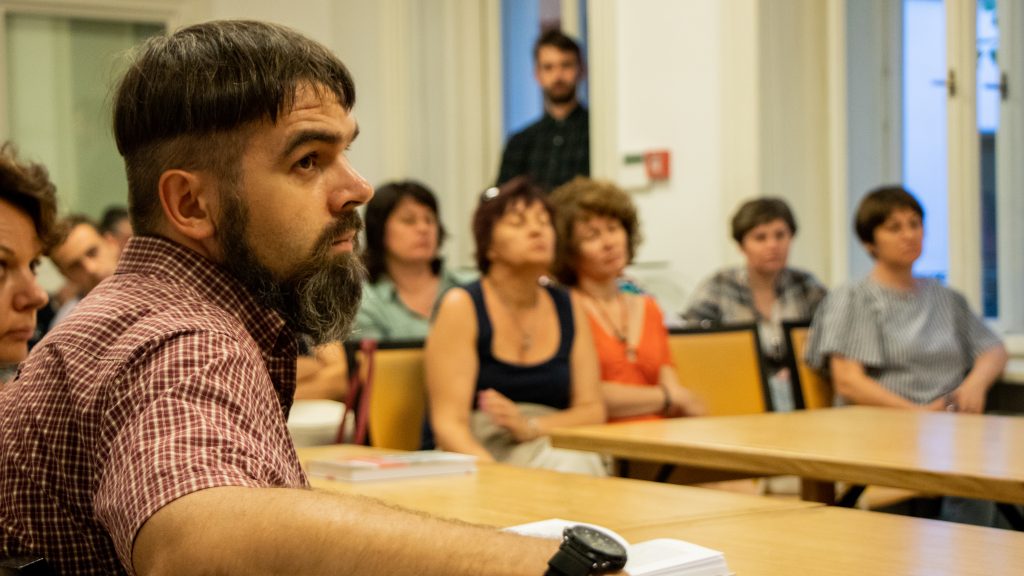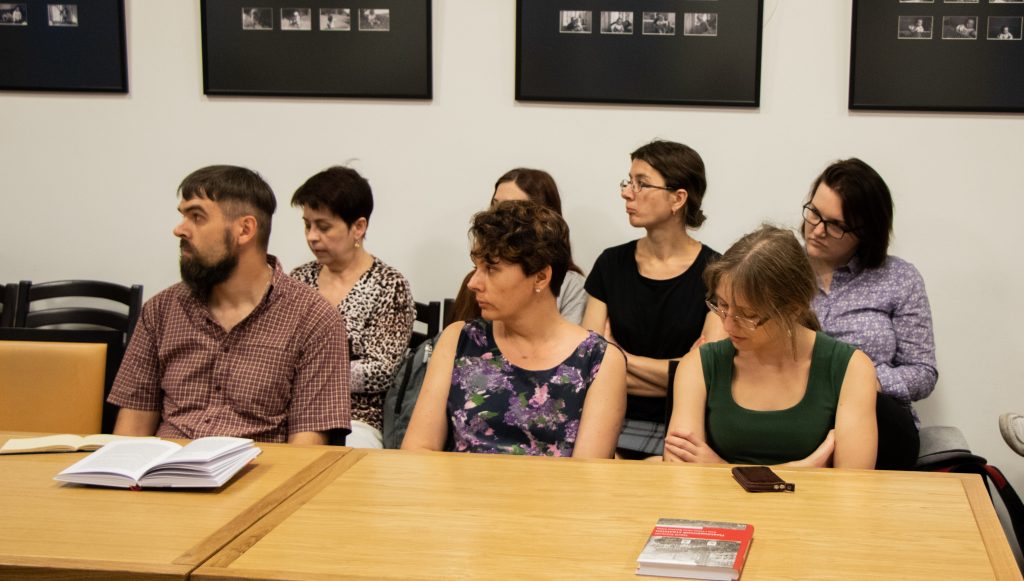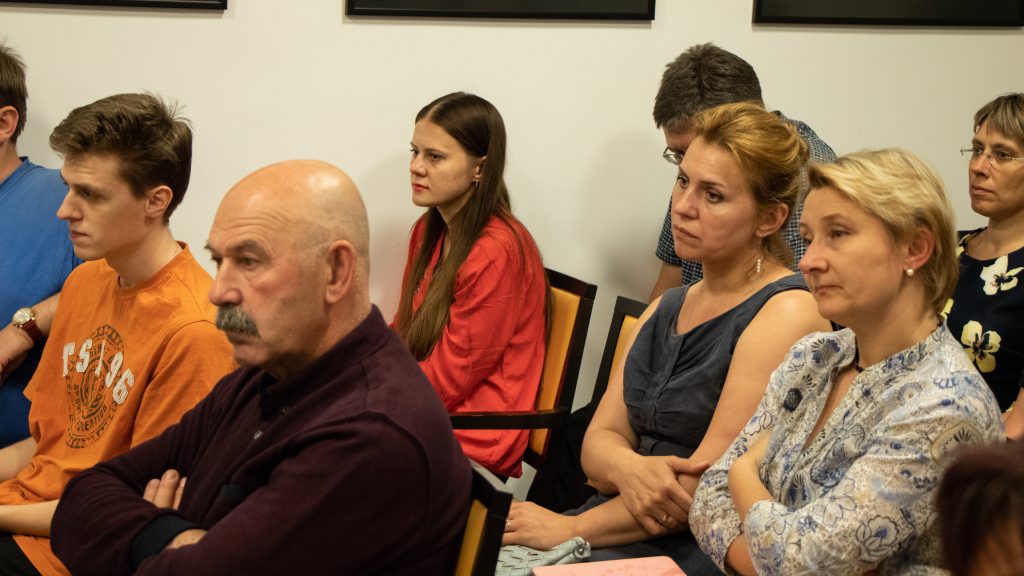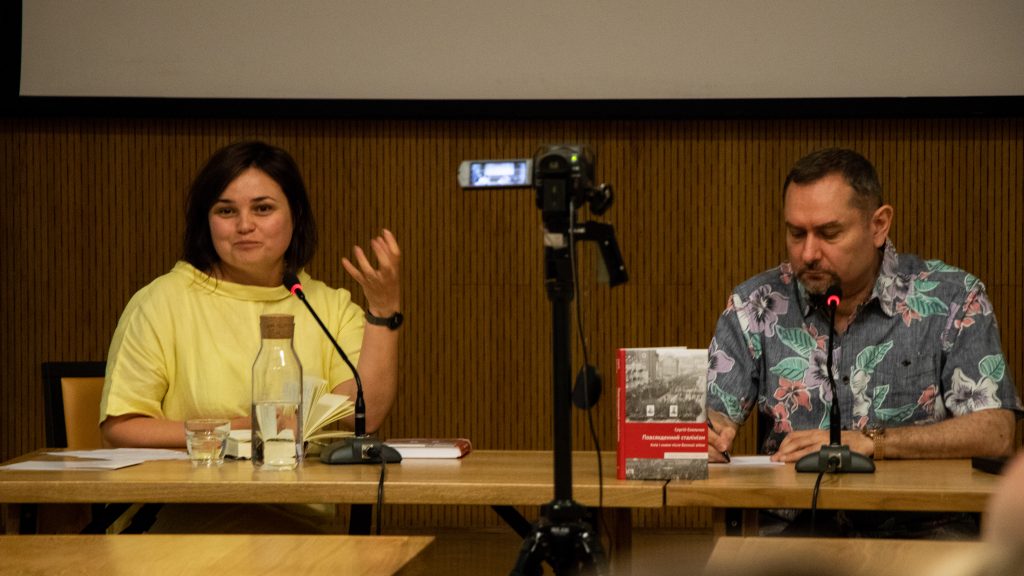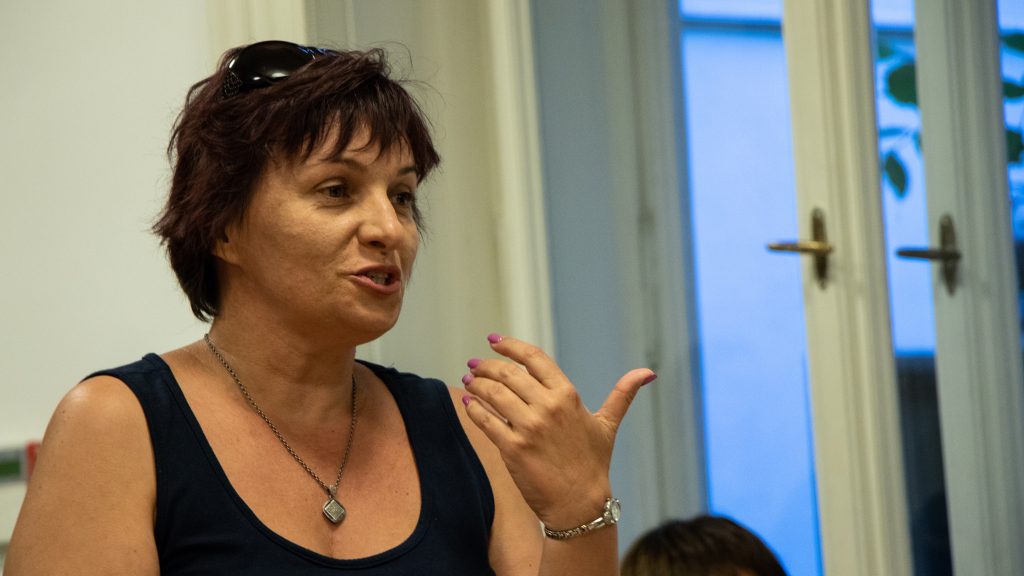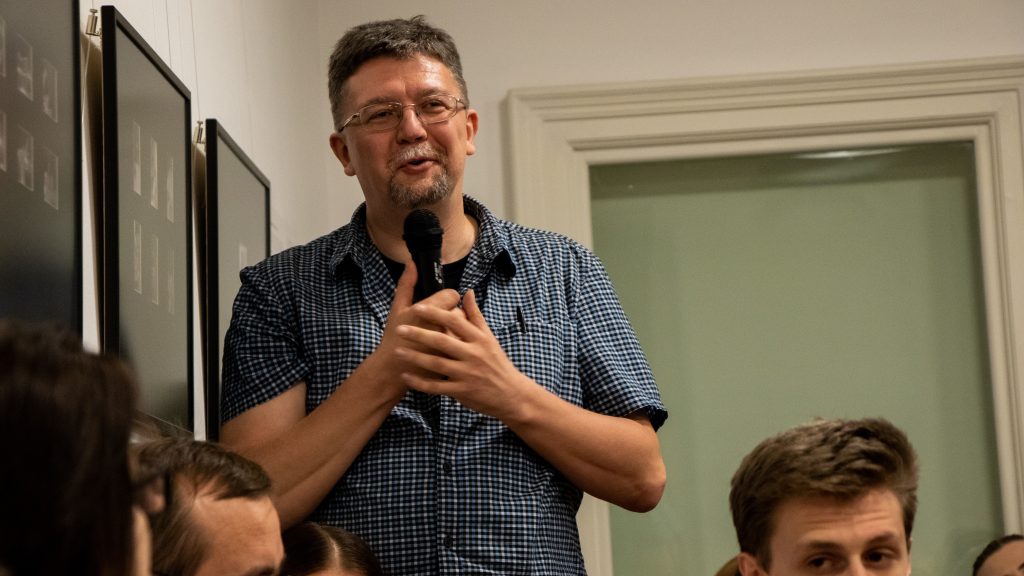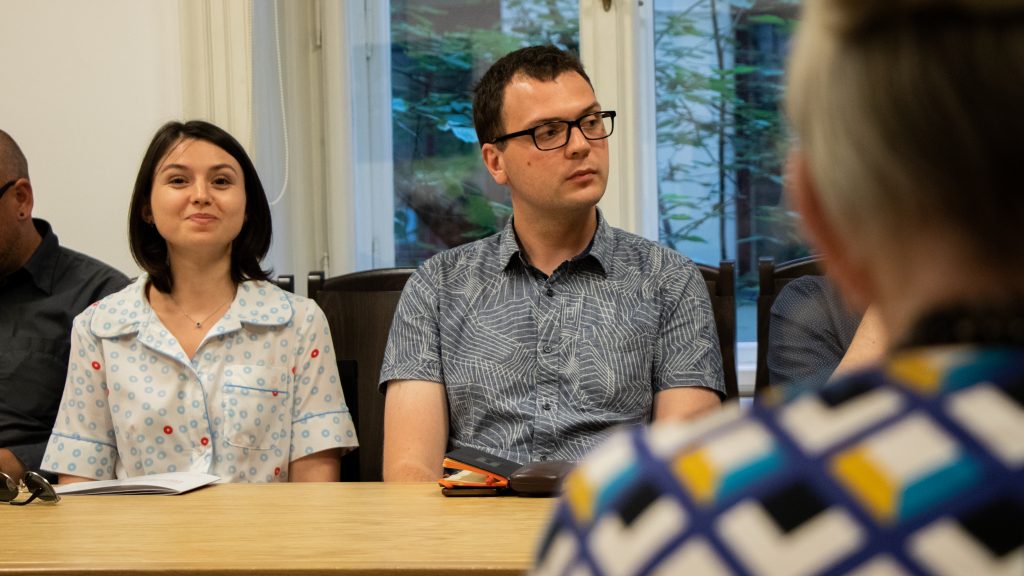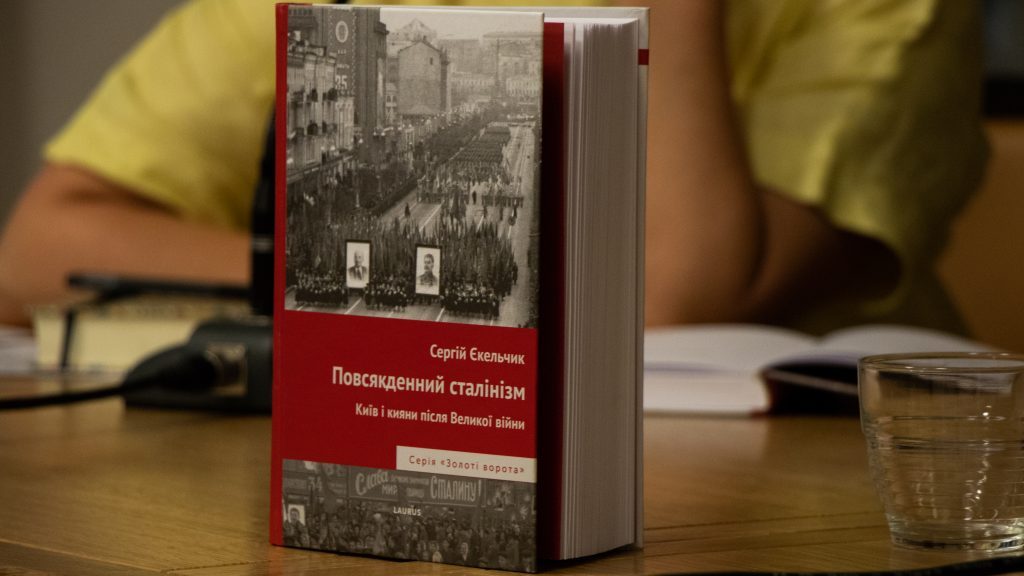Stalinism 7 Days a Week: Political Life of Post-War Kyiv as Shaping Compassion of Citizens in the System
Serhy Yekelchyk
University of Victoria, CanadaJuly 3, 2019 / 6.30 pm
Center for Urban History, Lviv
How were the model Stalinist citizens supposed to behave within the public space of a big city? How did the state force them to participate in demonstrations, vote for the pro-government candidates, learn the "Short Course" and buy the bonds of state loans? Terror has always been present as a threat in Stalinist political life. However, there were also other everyday factors that helped maintain the loyalty of most citizens. They are the object of research in a book by professor Yekelchyk recently published in Ukrainian translation.
The presentation will be conducted in Ukrainian.
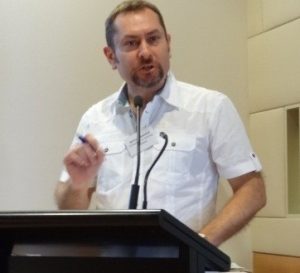
Serhy Yekelchyk
is Professor of History and Slavic Studies at the University of Victoria and current president of the Canadian Association for Ukrainian Studies. Born and educated in Ukraine, he received his Ph.D. from the University of Alberta in 2000 and taught at the University of Michigan (Ann Arbor) before accepting a permanent position in Victoria. Professor Yekelchyk is the author of six books on Ukrainian history and Ukrainian-Russian relations, including Ukraine: Birth of a Modern Nation (OUP, 2007), which has been translated into five languages. His monograph, Stalin’s Citizens: Everyday Politics in the Wake of Total War (OUP, 2014), was the recipient of the best book award from the American Association of Ukrainian Studies. Dr. Yekelchyk’s most recent book is The Conflict in Ukraine (OUP, 2015). He is currently completing a history of the Ukrainian Revolution of 1917–1920.
The presentation is a part of the symposium "Wars, Violence, and Revolutions in Ukraine (1914–1923): Academic and Public Perspectives" (Center for Urban History, July 4-6, 2019).
Credits
Image Gallery by Anna Dorozhko
